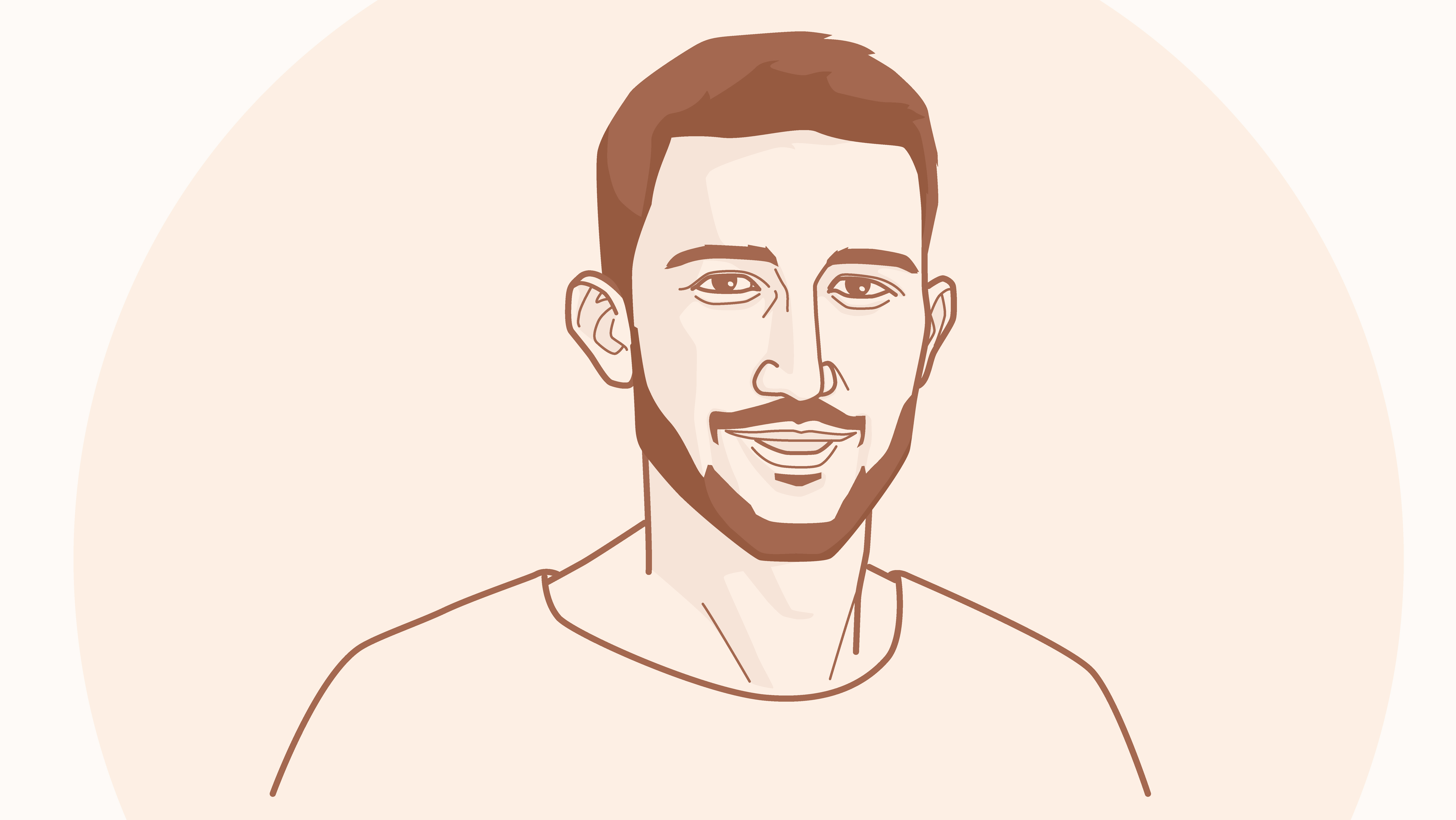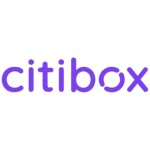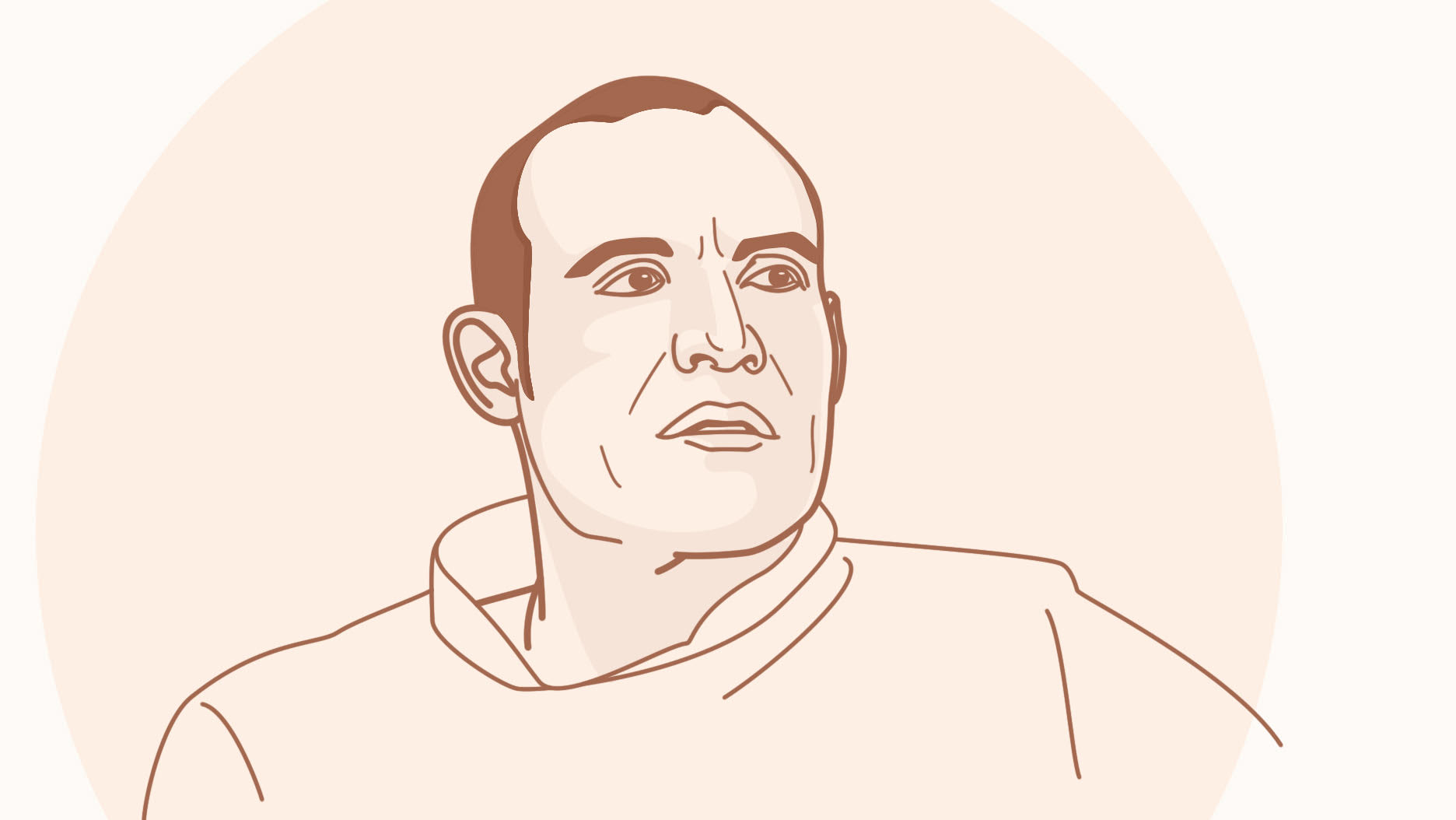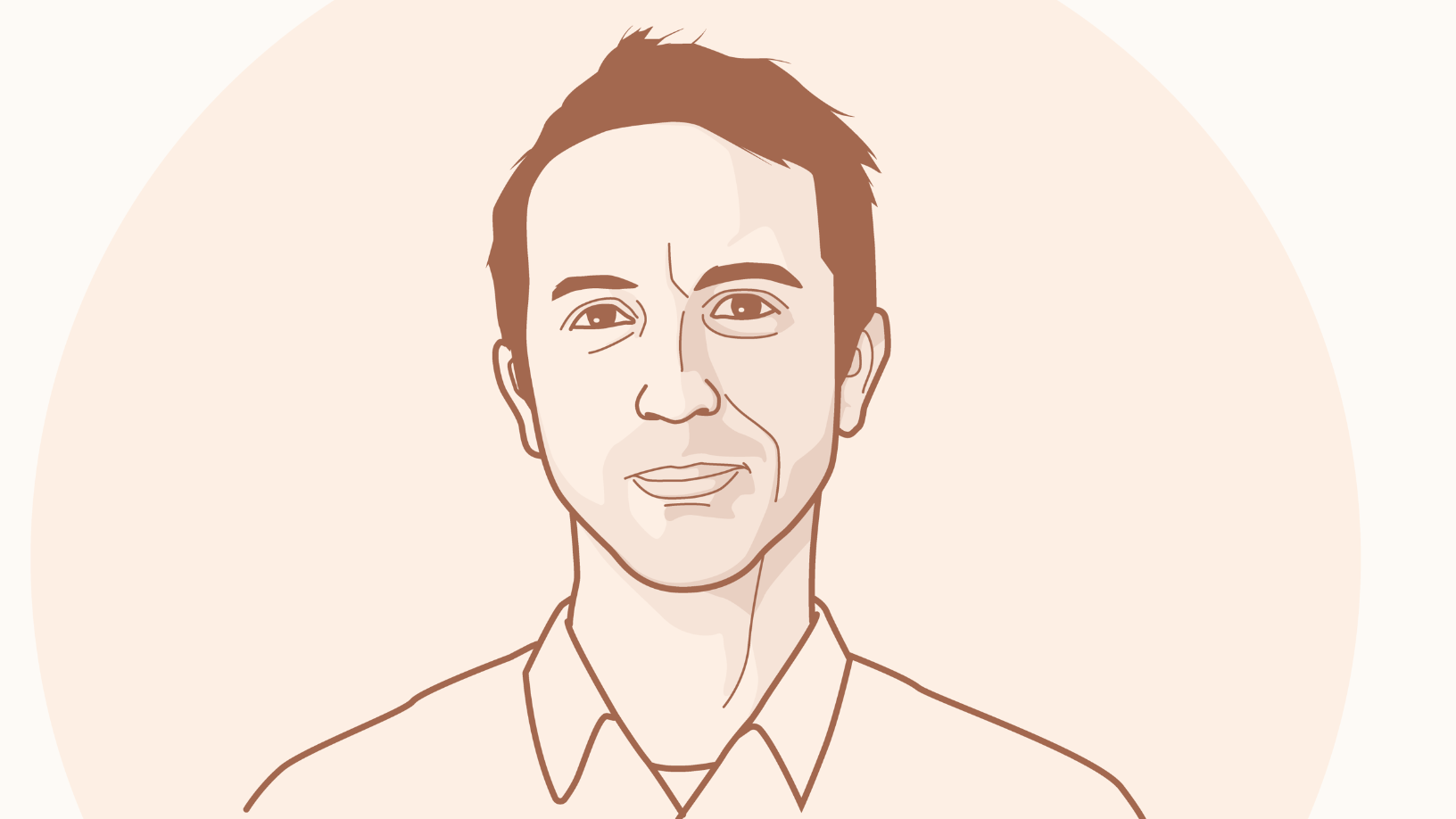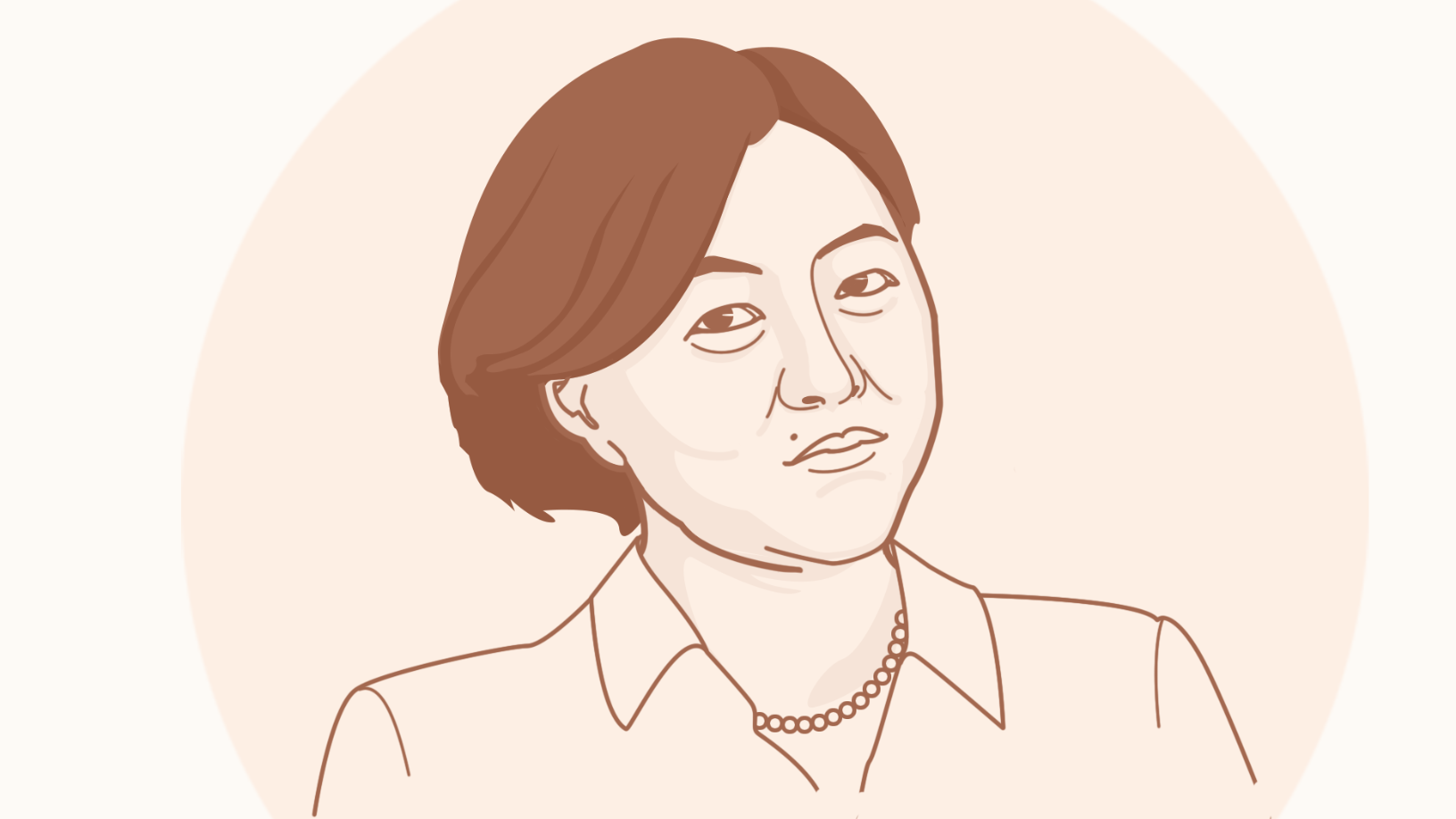It's a number well known in the startup world: 90% of startups fail. But since its founding in 2013, the Valencia-based incubator Demium Startups started by Jorge Dobón has managed to transform that overwhelming failure rate into a 78% survival rate.
Named Spain's youngest entrepreneur by the Association of Young Entrepreneurs, Dobón, who's also CEO of Demium, was just 20 when he set up his first business venture, Iberian Delights, to distribute Spanish products. At that time, however, Europe was in the midst of a financial crisis and the company closed two years later, with an accumulated debt of about €20,000.
The flop of Iberian Delights did not dissuade Dobón from entrepreneurship, but only served to strengthen his resolve. In 2012, he joined startup incubator Sonar Venture as its chief operations officer. For Dobón, the stint helped affirm his belief that young entrepreneurs and startup teams need continual strategic guidance and mentoring.
After less than a year, Dobón left the Madrid-based incubator to create his own startup hub that he calls "a pre-idea and pre-team incubator." By 2013, the first Demium office had opened its doors in Valencia. In the first half of 2018 alone, Demium investees raised €6.5 million in 12 rounds of financing. The incubator's current portfolio includes 35 startups and 41 projects in early stages of development.
“Entrepreneurship doesn’t mean that you need to have money saved, it means that you understand how to take risks and support yourself,” Dobón said.
According to Demium, family offices, angel investors and the company's current shareholders have participated in the funding rounds of its incubated startups. Investment sums start at €50,000, and a total of €19 million has been invested in Demium's portfolio to date. On average, the rate of return is a high 89%.
Failure is realistic
One of the keys to Demium’s success is its AllStartup event that sees young entrepreneurs and talent form teams of co-founders that have the potential of working together to shape and scale business ideas. Founding teams are created differently at Demium, and this could be crucial to increasing the survival rate of the incubator's startups in their first three years.
“I prefer an entrepreneur who has failed once or more to those who have never tried as they usually lack realism," Dobón said. "As a matter of fact, our HR teams across our five offices are looking to incorporate failed entrepreneurs into new teams as this increases a startup’s chances of success.”
Demium's “pre-incubation” formula differentiates it from others of its ilk. Teams formed during the AllStartup event comprise individuals with a mix of profiles that complement one another. AllStartup events receive over 5,600 applications but only 5–10% of applicants are selected for the incubation program. Demium gets 15% equity in each of the selected startups in its program, with the remaining 85% held by the co-founding team.
AllStartup attracts talent from different backgrounds, including marketing, business administration and technology. The program's goal is to form balanced teams, which then develop a business project proposed by Demium. Although lasting only three days, the program allows aspiring entrepreneurs to explore the startup journey and product development process. On the last day of the event, teams have to pitch in front of a jury. The best teams are selected for a six-month incubation program offered by Demium.
Applicants who fit the profile of chief marketing officer – preferably someone young and up-to-date on social media trends and emerging digital channels – are the ones most in demand during team formation. According to Demium's management team, hiring digital natives – usually millennials – is crucial as they are capable of working and grasping ideas at a faster pace, which ultimately helps to achieve rapid project development and growth. Other sought-after professionals are senior chief technology officers as well as CEOs with previous experience in multinationals and consulting.
“Although [consultants] do not possess a startup mindset, they do have a very strong work ethic. We require applicants to work 12 to 14 hours a day; this is what a startup requires in its first development phases,” explained Jaime Vazquez, Director of Demium Startups' unit in Madrid.
Ambition, international expansion
Besides talent hunting, Demium also prioritizes detecting market trends and adapting project ideas accordingly. Before the incubation program begins, the company analyzes opportunities across markets and identifies successful business-model fits, making sure that the startups will attain significant traction and scalability once they are launched.
The company currently launches frequent AllStartup events across Spain and Eastern European countries. In May alone, they launched five AllStartups events in Malaga, Warsaw, Valencia, Madrid and Minsk.
Demium has rapidly expanded from Valencia, opening offices nationwide in Madrid, Barcelona, Bilbao and Malaga. After raising €2.5 million in a funding round at the end of 2018, Demium opened its first international branch in London. “We want to have a presence in London to secure funding rounds of about €5 million to€200 million, which we’ve never seen in Spain and [to build] the next Spanish unicorn,” said Dobón.
He has his sights set high for 2019, banking on an aggressive expansion strategy. In February this year, the company launched Demium Startup in Minsk, the Belarusian capital, to explore the groundbreaking startup ecosystem forming in Eastern European countries.
“This space is experiencing great growth in terms of talent and startup creation; medium-sized cities attracting foreign investments are key for Demium’s expansion model," said Dobón.
Together with his team, he aims to launch over 100 new startups in 2019. Throughout 2020, Demium is looking to expand its operations, hosting Allstartup events in Lisbon, Milan, Budapest, Bucharest, Kiev, Athens and Moscow, as well as expanding to Latin American countries with new branches in Sao Paolo and Mexico City.
Citibox, Influencity
The companies that Demium incubated have generated 550 new jobs. Today, 25 of these startups are growing by more than 200% in terms of their year-on-year revenues. In 2018, Demium launched 85 projects, including property crowdfunding platform Brickbro, car rental platform Swipcar and children's personal shopper Pandabox.
“In 2019, we want to boost ourtechnology to attain greater scalability and become highly attractive to VCs and investors,” said Demium's Director of Portfolio and Corporate Development, Mario Navarro.
Demium's startup successes to date include Citibox, a mailbox-plus-app solution that lets absent customers collect their shopping 24/7, which attracted €5 million in Series A funding in 2018; influencer marketing app, Influencity, which attracted €2 million in a funding round in February 2019; and Singularu, an e-commerce site for custom-made jewelry, that attracted €1 million in funding last year.
Besides being an entrepreneur, Dobón is also an active angel investor, undertaking private investments that focus mainly on internet companies. One of the key investment criteria he has is sussing out the co-founding team members' background and profiles – rather than the formation of the project – because he believes the team dynamic has a dramatic impact on the startup’s success rate.
